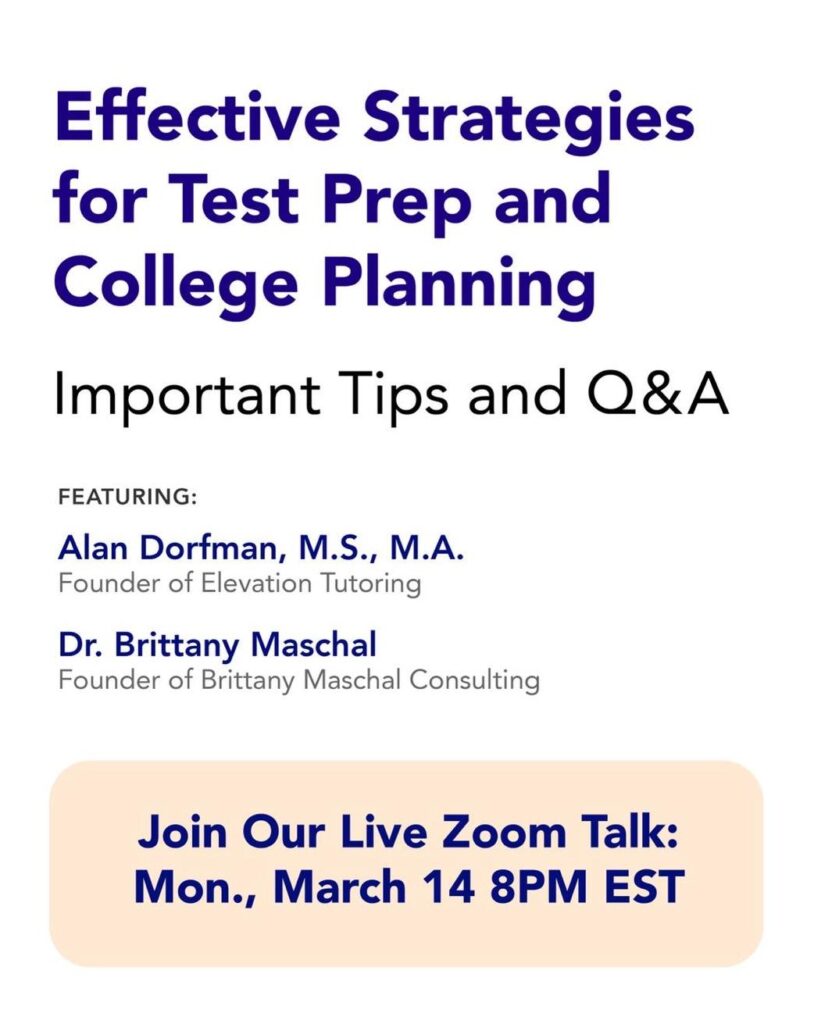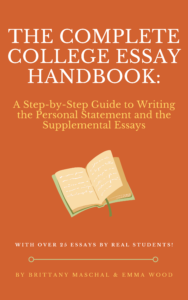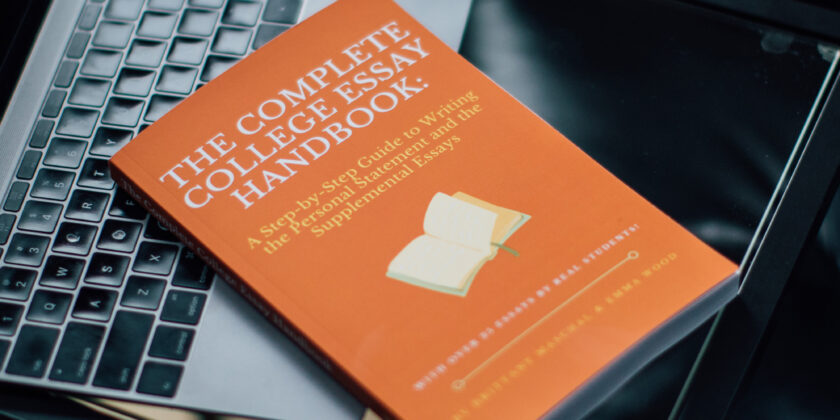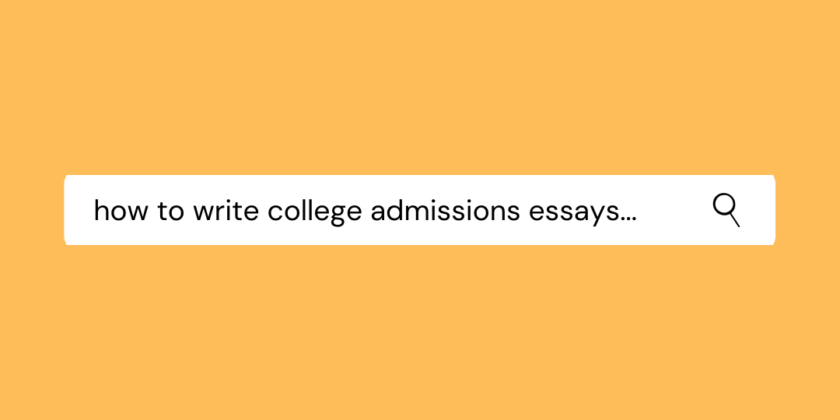Narrowing Down Your List
Fill out a worksheet for each school on your list while visiting school websites, exploring virtual tours, and attending information sessions. Compare worksheets and see which schools match your must-haves. Download Guide 1
Curriculum & Majors
This second guide will help you narrow down which colleges will be the best fit for you based on academics offered. Use this worksheet to learn more about a school’s curriculum, majors, and learning opportunities. Download Guide 2
Tracking Application Requirements & Deadlines
There’s a lot to keep track of when you’re applying to multiple colleges. Use this worksheet to stay organized and take some of the stress out of the application process. Download Guide 3
Highlighting Your Extracurriculars & Activities
This worksheet will prepare you for the activities section of your college applications. Think of this guide as a way to brainstorm what you’ve been involved in through high school, what your commitment looked like, and how things may have changed in the past year. Download Guide 4
Bonus: Watch this video for even more tips on activities!
Thanks, Penn! Pair this advice with The Complete College Essay Handbook and get ready to apply!











